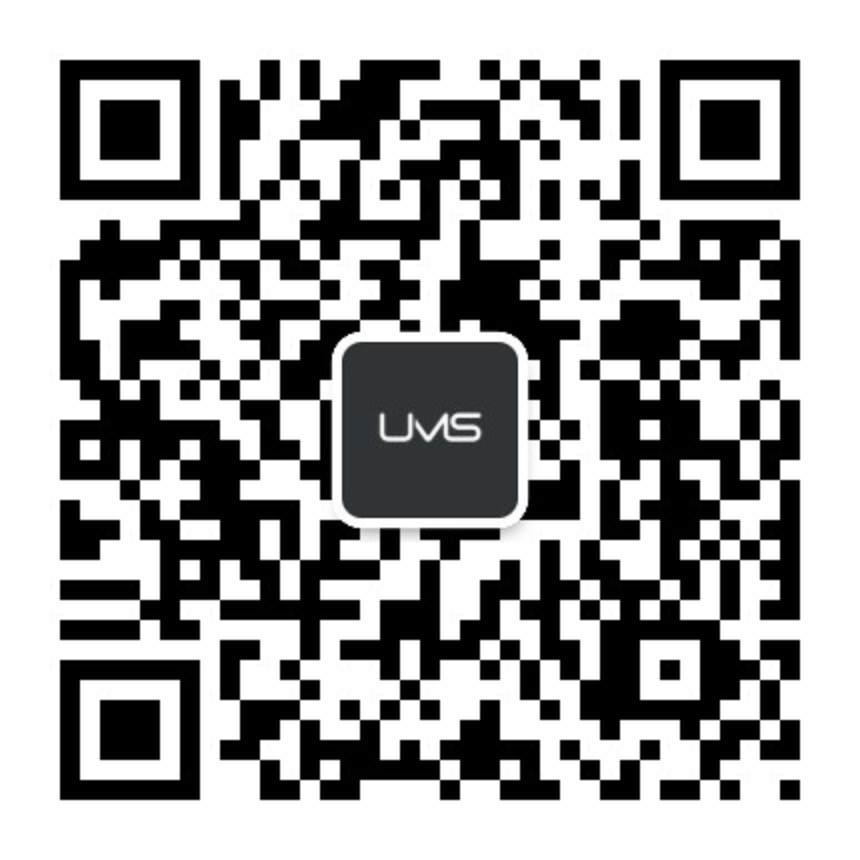

To give a general idea of what’s in the UMS’ bespoke China Daily Morning Brief, a daily email service focused on four industry categories – Education, Tourism, Food & Beverage, and Health & Skincare, I decided to write a summary of the Jan. insights our team published. The Morning Brief reports on the latest buzz on social media and what topics have been discussed most in China’s market. Providing a broad reference for four different industries: education, travel, food and beverage, and health and wellness, the publication enables brands to make proactive strategic decisions. Let’s take a look at some of the themes that were highlighted in January’s publications.
1. Education industry
Australian Prime Minister Scott Morrison has called on international students and working holidaymakers to come to Australia because Australia is facing a serious problem of a labour shortage. This news went viral at the beginning of Jan. To ease this issue and reduce supply chain disruptions, the Australian government will temporarily waive visa application fees for backpackers and international students. Offering refunds and priority visa processing policies, as well as Tourism Australia’s advertisements, will arouse students’ and working holidaymakers’ interests to come to Australia.
2. Travel industry
As the Spring Festival approached, Australia’s epidemic figures were reassuringly lower. Experts speculate that as the epidemic slows down, officials became more comfortable with the prospect of easing restrictions.
From mid-January, incoming passengers only have to submit a PCR test. Australia is open to entry, but China is the opposite. In order to help Australia recover from COVID-19, the Australian Government incentivize students and working holiday visa holders to return to Australia as soon as possible to help ease the current labour shortage. On the 18th, in December 2021, 197,000 people entered Australia from overseas and 229,000 people left Australia, which is the highest number since the Australian government imposed international travel restrictions in March 2020.
3. Food and beverage industry
On 1st Jan. 2022, the “Regional Comprehensive Economic Partnership Agreement” (RCEP) formally entered into force for Brunei, Cambodia, Laos, Singapore, Thailand, Vietnam, China, Japan, New Zealand and Australia. On the same day, Zhanjiang Customs issued Guangdong’s first agricultural product RCEP certificate of origin for a batch of aquatic products.
The implementation of RCEP will further attract Chinese businesspeople to participate in economic and trade cooperation and cultural exchanges between countries. The Regional Comprehensive Economic Partnership (RCEP) marks the official launch of a free trade zone with the largest population, largest economic and trade scale, and greatest development potential in the world. RCEP is by far the world’s largest free trade agreement. Its total population, economic volume, and total trade account for 1/3 of the global total, which covers a wide range of fields such as business and intellectual property protection.
4. Health & Wellbeing
Traditionally, young people in China will consume coffee in the morning, and alcohol late at night. This is known as “Morning C night A”. However, as sleeping problems become more serious, more young people are beginning to choose health foods such as melatonin to help them fall asleep. Melatonin shortens the time to fall asleep before going to bed and improves sleep quality. However, if you take externally supplemented melatonin for a long time, the secretion of melatonin in the human body will decrease, and it will naturally become dependent.
Data from Tmall International shows that in the past six months, more than 2 million young people purchased imported coffee and “hypnotic food” such as melatonin on Tmall. “Morning C night M” has become a healthier way of life for young people. Brands and merchants have also seized this trend, launched the “Morning C night M” shopping list, and launched more portable and convenient Melatonin products which are suitable for young people.
The rapid development of the hypnotic food and health care market has also led to the follow-up of international FMCG groups. Data shows that in the past year, more than 100 new overseas brands took advantage of the cross-border e-commerce Tmall Global to develop the sleeping nutrition market. In the coming year, it is expected that more new brands will flow in.
END.














